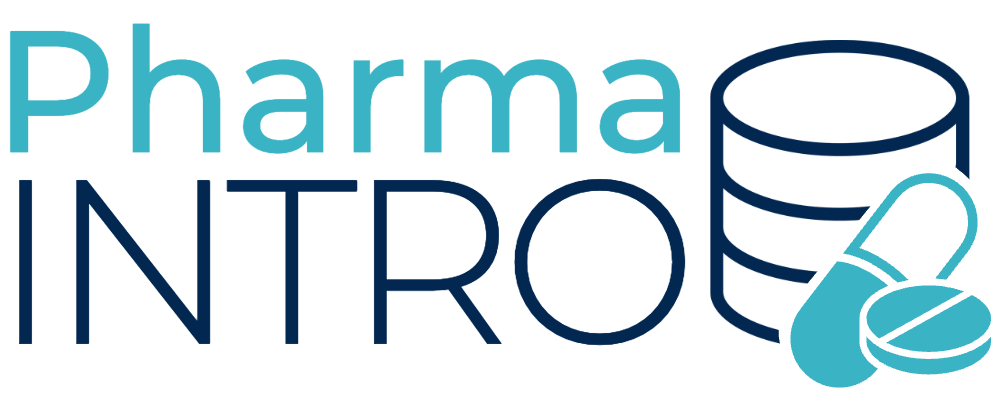Life Science, Pharmaceutical
The importance of data analytics in drug discovery and development
Data analytics has transformed the way drugs are discovered, developed, and delivered in the pharmaceutical industry. In the past, drug discovery was a long and arduous process that relied heavily on trial and error. However, with the advent of data analytics, this process has become more streamlined and efficient.
Data analytics involves the use of advanced algorithms, statistical models, and machine learning to analyze large amounts of data. This data can come from a variety of sources, including clinical trials, electronic health records, and genetic testing. By analyzing this data, researchers can gain insights into disease pathways and identify potential drug targets.
One of the key benefits of data analytics in drug discovery is the ability to identify drug candidates more quickly and accurately. By analyzing large datasets, researchers can identify patterns and correlations that may not be apparent from smaller datasets. This can help to speed up the drug discovery process, as researchers can quickly identify promising drug candidates and eliminate those that are unlikely to be effective.
In addition, data analytics can help to improve the safety and efficacy of drugs. By analyzing data from clinical trials, researchers can identify potential side effects and drug interactions before a drug is approved for use. This can help to minimize the risks associated with drug use and improve patient outcomes.
Another benefit of data analytics in drug discovery is the ability to personalize treatments. By analyzing patient data, researchers can identify subgroups of patients who may respond differently to a particular drug. This can help to tailor treatments to individual patients, improving their outcomes and reducing healthcare costs.
Finally, data analytics can help to reduce the costs associated with drug discovery and development. By streamlining the drug discovery process and identifying promising drug candidates more quickly, researchers can reduce the time and resources required to bring a drug to market. This can help to lower drug prices and improve access to healthcare.
In conclusion, data analytics has transformed drug discovery and development in the pharmaceutical industry. By leveraging the power of data, researchers can identify potential drug targets, improve the safety and efficacy of drugs, personalize treatments, and reduce costs. As data analytics technology continues to evolve, we can expect even more innovations in drug discovery and development in the years to come.

